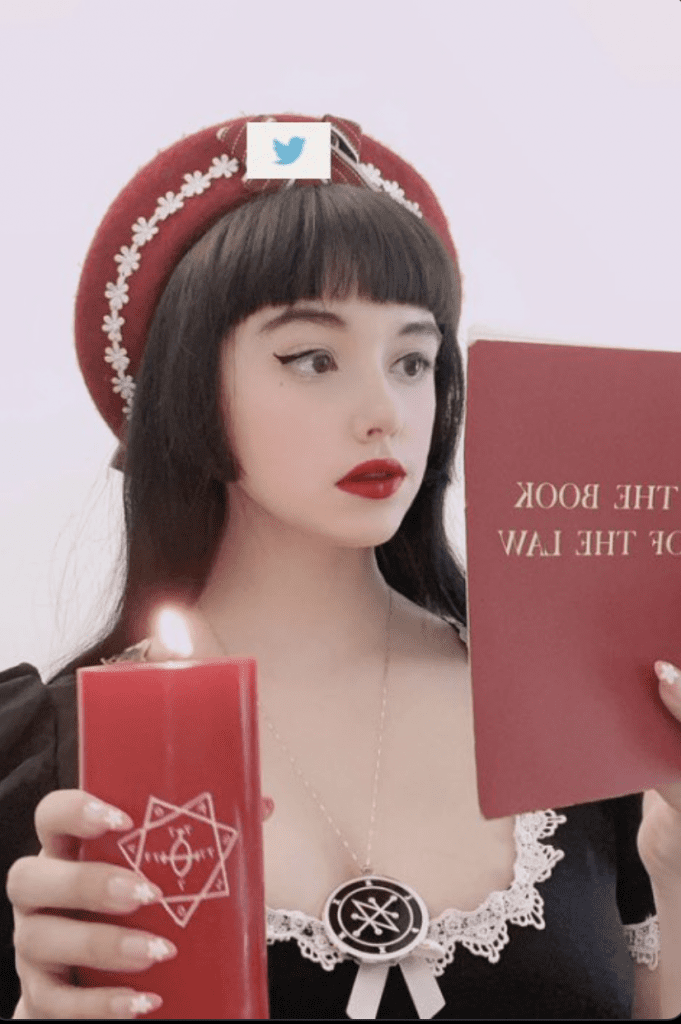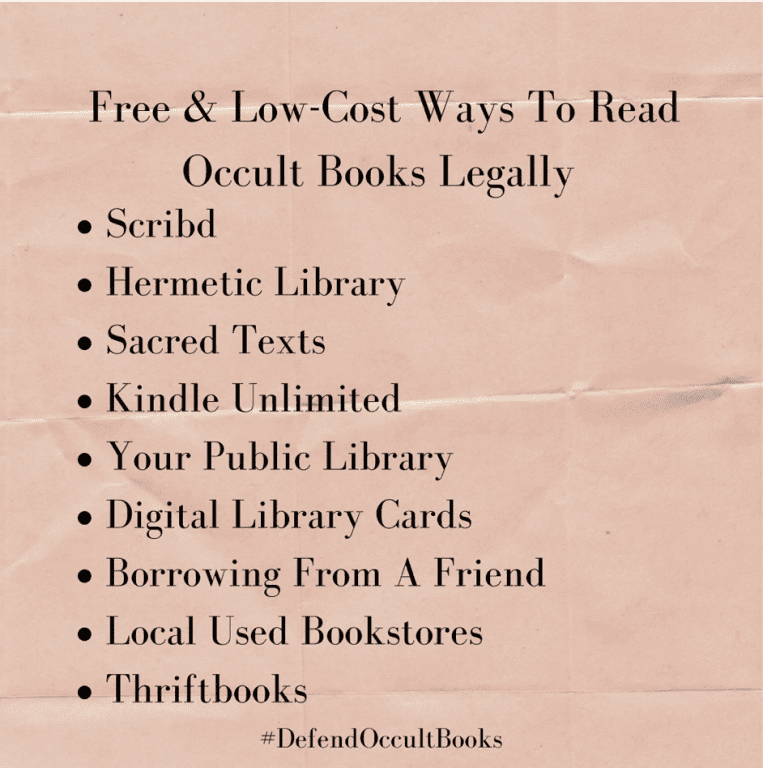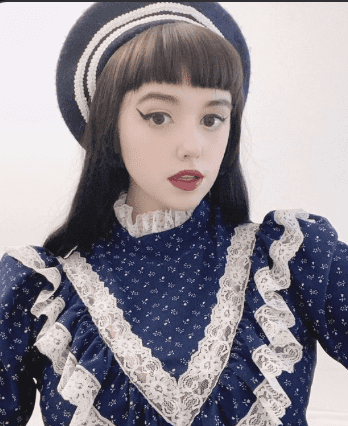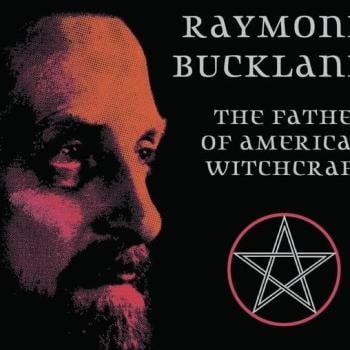This is a guest post from writer and podcaster Georgina Rose. You can find out more about Georgina by visiting her online platforms.
Earlier this week, I began a hashtag–#DefendOccultBooks, which is aimed to function as a backlash against the rise of anti-intellectualism in Generation-Z heavy online occult spaces. In these communities, which have exploded on social media over the past few years, there has been an ever climbing backlash against more traditional methods of occult learning, including coven work, mentors, classes, but most noticeably–occult literature. In these spaces, there has been a strong ideological shift from previous generations of occult practitioners, and the experiences of Gen-Z occultists struggle to closely parallel with our Millennial and Gen-X counterparts. Due to this, many younger occultists feel as if they have no connection to the wider occult community, and thus, do not feel connected to the literature, rather they prefer to learn through social media content, which has major downsides.
INFLUENCER CULTURE
As a younger practitioner myself, my experience with the occult community began through the internet. Looking through subreddits, discords, online blogs, and video content, before even considering buying physical books, let alone seeking out mentors, covens, or teachers. For most new practitioners in my age range or younger, this aligns with their experience. Often, younger people will be scrolling through their for you page on TikTok, explore page on Instagram, YouTube recommended tab, and from there discover that occultism is even real. No longer are new practitioners beginning their journey in witch shops or at festivals, but rather, they go online.
There are major upsides to the rise of occult social media, and as a content creator myself, I am grateful these communities exist. With the fall of Wicca’s popularity, and the current rise of regional folk magick, there has been a large revival of many more obscure traditions that can now reach the audience that they deserve. Furthermore, I am grateful that everyone now has an easy way into the occult community, and anyone seeking the divine can access it, with just a few clicks.
However, influencer culture has done serious damage in terms of our ability to do proper research. As of writing, the #witchtok tag has 15,700,000,000 views, a staggering number that climbs higher and higher with every passing day. Thus, it is irresponsible to dismiss witchtok entirely. While we should not give a megaphone to every angry hot take that is typed out, we need to recognize that these online platforms reach billions of people. Furthermore, since TikTok’s average user age is far younger than older platforms, such as Instagram, the hot bed for millennial witchcraft online, it is important to reach this platform, so new practitioners can have good information on the occult. As well, since Instagram’s witchcraft hashtag #witchesofinstagram only has 7,100,000 posts, a number that lags far behind its’ gen-z counterpart. Thus, we can conclude that witchcraft is only becoming more online, not the reverse.
Going off of these numbers, it is clear that many people are not simply learning from books or in-person pagan organizations, they are learning from the occultists of the internet, as our occult publishing house’s print runs are far under 100,000 copies per book, meaning it is impossible that everyone who is learning online is double checking the information they consume. If one decides to enter an occult discord server, amino apps page, or read through the comments of witchtok videos, the places that gen-z occultists tend to congregate to share their views on witchcraft and the occult, it becomes quickly apparent that people are learning from social media, and blindly trusting that information. For many, rather than listing covens, books, or classes as their inspiration, they will name their favorite witchy YouTuber or WitchToker as their source of information.

This is a problem, because there is a lot of misinformation spread by these online influencers. While some creators are groundbreakingly brilliant and my closest friends, there is a lot of noise to parse through to find the creators that share solid information. Due to this, anyone who is younger is forced to learn vetting techniques; otherwise, they end up deeply confused after watching four videos in a row making wildly different claims on the origins of tarot, which was a recent online controversy that could’ve been avoided if people read books on tarot, instead of defaulting to their favorite witchy talking head.
AUTHOR BLACKLISTS
After spending quite a bit of time on TikTok or YouTube, Generation-Z occultists tend to migrate to places where they can converse with other practitioners. For many, they do not feel drawn to in-person covens, usually under the justification that they can only find Wiccan groups, as many new practitioners do not feel as connected to Wicca, compared to past generations. Thus, they turn to online communities, and one popular one is discord. For the uninitiated, Discord is a chatting platform where you can create unique servers centered around a topic, and have discussions with every other server member about the occult and your mundane lives. I was not around for AOL Chatrooms, but many people compare Discord to how those chat rooms functioned. In my opinion, it is a great thing that we have these communities, and I find they can really help new occultists grow. However, there is one major problem with these communities: occult author blacklists.
Simply, an occult author blacklist is a locked post for the entire server to see that is filled with a list of authors, books, and at times publishing houses, that server members are not allowed to read. Frequently, if an author who is named on this list is mentioned in a chat, the user mentioning the author will be banned from the discord server entirely. On these lists, you see the people who are neo-fascists, bigoted, give dangerous advice, and appropriate cultures. However, the lists do not end there, they go much further, and include things that objectively should not be blacklisted. After spending some time on these servers, and checking around for what books are frequently listed, here is a list of the most common reasons given for books being blacklisted:
Fascism
Bigotry
Appropriation
Wicca Or Wicca-Adjacent
Too Old
Bad Formatting Or Ugly Illustrations
Author Does Not Have Social Media
Was Published By (Insert) Publisher
Obviously, some of these things are valid criticisms, and may be reason enough for some people to avoid specific titles, but often, it goes too far. For instance, if you discount and ban every book written before the early 2000s, because they are “outdated”, you are discounting centuries of valuable and informative occult work. As well, the avoidance of anything Wicca or Wicca-adjacent is a non-nuanced way of viewing Pagan work, and ignores the fact that almost all modern neopagan writing has some influence from the Wiccan tradition. As well, using reasons about formatting or art is simply petty. Every publishing house has books that are not as great, but that does not mean every single book from the entire publishing house is going to be that way. It simply lacks all nuance and context.
POC AUTHORS
One of the criticisms levied at the #DefendOccultBooks movement is that older published occult works tend to be predominantly by white upper class men. To this, I do agree. There is a major representation problem in the occult community, and this is why we need to read older occult works within the context of their time, and uplift modern POC voices. However, the anti-intellectualism on social media does the opposite of this. In fact, it directly hurts the sales and ideas pushed forth by POC creators and authors in our community. This may sound a bit odd, but let me explain.
In younger occult spaces, there is a big focus on cultural appropriation. This concern comes from a good place and raises a conversation that needs to be had. Appropriation is a massive problem in the occult and wider spiritual community and I am so grateful that my generation is having this conversation on such a big scale. However, there has been one aspect of it that is deeply harmful, and that #DefendOccultBooks stands against; the idea that it is not okay to read books by POC authors if you are white or white passing. Generally, if a white occultist posts a video, image, or post with a book from a POC author, or on a POC-heavy tradition, they receive a lot of backlash, sometimes even full on hate or threats, due to appropriation concerns.
However, reading a book is not cultural appropriation, it is simply someone trying to learn about other cultures, and broaden their horizons. Furthermore, without supporting POC authors and buying their books, occult publishers will assume there is no demand for educational resources on these topics, which ends up harming those communities, and perpetuates the problem of occult publishing and literature being dominated by wealthy white men. If we cannot support these authors, we are in turn contributing to white supremacy and white-dominated occult publishing. To this, we need to buy occult books, we need to share these authors’ names, so we can make a real change in our community, and end the dominance of white authors in our spaces. We need to defend these titles and these creators.
BOOKS AND SOCIOECONOMIC CLASS
Unlike food, water, and shelter, occult books are not a necessity to live. If someone is struggling, they should always focus their efforts on that, and not burn their deeply needed money on occult literature. However, form the first posts related to #DefendOccutlBooks, affordable options have been mentioned. Many of the people sharing their book collections decided to share their Scribd (a book subscription) libraries, give recommendations for free and legal online occult resources such as Hermetic Library and Sacred Texts, and some people showed off their best finds from used bookstores and libraries. Personally, I made a small graphic on my favorite ways to save money on books, so that lower income people can have access.

In the past, it is true that many folk practitioners and witches did not use occult books as their source of learning. They experimented, learned from family members and elders, and learned through covens or other organizations. Now, since new practitioners are learning through social media, they are not learning from those same elders, thus they need to know how to double check the information they consume. While #DefendOccultBooks does center around books, from the start it has recommended any sort of double checking, not just books. Therefore, for more oral folk based traditions, our movement is still fighting for classes, seeking elders, and groups, it is not simply about consumerism or books. In the very first #DefendOccultBooks video I state, “New practitioners are lost. The answer to them being lost is to teach them good research skills, encourage them to read books, talk to elders in our community, seek out classes, and seek out in-person spaces.” For some people who see this, they may not connect to books for socioeconomic class reasons or prefer to seek out a oral tradition, but these traditions are still represented, as the hashtag fights for all forms of information, including elders, classes, and groups, which can resonate for practitioners of any occult paradigm or tradition.
Simply, we are defending the tradition of seeking, the tradition of looking for information, and not blindly accepting what is told to you from your favorite witchy influencer. We are defending the need for nuance, the need to look beyond blacklists and ask why an author is seen as controversial, to seek out older community members, to read books in the context of their time, to support POC authors gaining traction, to move occult publishing away from being so heavily white, and to defend the desire to seek, learn, and improve yourself, instead of settling for sixty second instant gratification videos. For this reason, we do need to defend ourselves against anti-intellectualism, and to defend occult books.
——
Have Something to Say!?!? I believe that a multitude of voices makes the magickal community stronger. I am always happy to host content from others at Raise the Horns. -jason


















